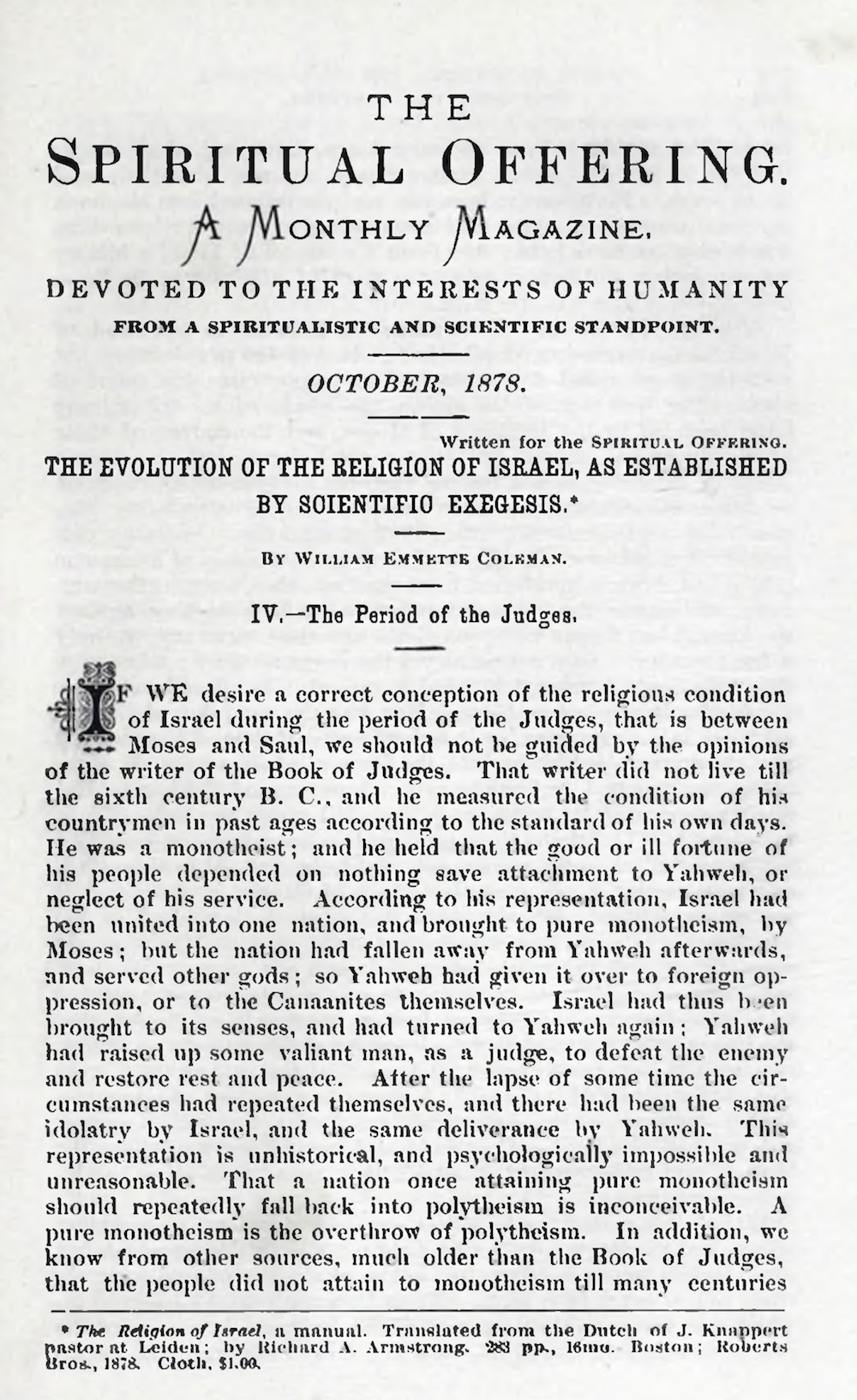Justice, an inextricable facet of the human experience, is underscored throughout the Baha’i teachings. It is not merely an abstract principle but rather a tangible manifestation of the Divine’s will for humanity. The phrase “Justice Is My Gift” encapsulates the essence of this core tenet within the Baha’i Faith, presenting a profound spiritual offering anchored in divine guidance. This discourse aims to elucidate the multiple dimensions of justice as seen through the prism of Baha’i doctrine, exploring its implications for individual conduct, societal frameworks, and spiritual development.
Within the Baha’i paradigm, justice transcends pedestrian interpretations. It is viewed as an instrument of unity, fostering harmony among diverse communities. This expansive understanding is vital, as Baha’is believe that the establishment of justice is fundamental for the progress of human civilization. Justice is not merely a principle to be aspired to but an active force that must be woven into the fabric of daily life.
One can divide the teachings on justice within the Baha’i Faith into several categories: personal justice, social justice, and overarching divine justice. Each category serves a distinct yet interconnected role in shaping the Baha’i perspective on justice.
Personal Justice: The first arena of justice is the individual. Baha’is are encouraged to embody justice through integrity, honesty, and self-reflection. The individualistic approach to justice necessitates a rigorous examination of one’s thoughts, actions, and intentions. A Baha’i is called to act justly, not only in their interactions with others but also in their internal moral compass. This introspective journey requires a steadfast commitment to truthfulness. It is through this lens that one can grow spiritually, recognizing that personal justice is an offering to the Divine.
Moreover, self-awareness fosters humility, enabling individuals to regard others with equity and compassion. When one operates from a foundation of personal justice, the ripple effects can be transformative, influencing familial, communal, and societal zones. Individuals embody their own justice, cultivating environments that reflect fairness, thereby initiating a system of mutual upliftment.
Social Justice: Moving beyond individual considerations, social justice emerges as a collective responsibility within the Baha’i narrative. The notion of justice at this scale entails a commitment to the eradication of prejudice and inequality. Baha’is are urged to advocate for equitable laws and social structures that empower the marginalized and disenfranchised. It is the ethical obligation of community members to engage in dialogues and initiatives that promote social welfare, echoing the Divine call for equity.
Social justice is reflected in the Baha’i approach to education, economic opportunities, and the empowerment of women. Baha’is recognize that global progression is contingent upon universal accessibility to education and the dismantling of societal hierarchies that perpetuate injustice. This commitment to equity not only honors the intrinsic worth of each individual but reinforces the belief that the advancement of one corresponds with the advancement of all. The Baha’i emphasis on service to humanity as a form of worship speaks directly to this social imperative. By stewarding resources towards communal upliftment, Baha’is exemplify the principle of justice on a broader stage.
Divine Justice: The third dimension of justice touches upon divinely ordained principles that govern both the material and spiritual worlds. Baha’u’llah, the founder of the Baha’i Faith, elucidates that divine justice is inherent in the cosmic order. It transcends human limitations, guided by a wisdom beyond comprehension, which ultimately leads humanity towards the realization of its potential.
Divine justice is instrumental in understanding the relationship between worldly trials and spiritual ascension. Baha’is believe that the challenges encountered throughout life serve as opportunities for growth and refinement. This perspective encourages individuals to cultivate resilience and patience, viewing adversity as a crucible for spiritual development. Furthermore, the Baha’i writings assert that the manifestation of justice on Earth is precursory to spiritual fulfillment and eventual divine restitution, a concept that invokes profound hope within the community.
In practice, these teachings manifest in various forms of community and individual action. Baha’is are called to actively participate in initiatives promoting justice, be it through social action, spiritual reflection, or administrative service within the community. Engaging in prayer and reflection upon the essence of justice strengthens one’s capacity to advocate for it in diverse spheres of life.
The Role of Community: It is imperative to note that the practice of justice is not conducted in isolation. The vibrant Baha’i community serves as a microcosm of the world that Baha’is aspire to create—one founded upon principles of justice, equality, and unity. Collaboration within the community enhances the capacity to uphold justice holistically. It fosters an environment where diverse voices coalesce, enriching discourse and collective action.
Through acts of collective worship and service, Baha’is deepen their understanding of justice, receiving insights that may elude individual contemplation. Community gatherings, discussions, and initiatives offer platforms for dialogue, exploration, and action, reinforcing the communal commitment to fostering justice in all realms of existence.
In summation, the Baha’i teachings on justice, encapsulated in the phrase “Justice Is My Gift,” present a profound and multi-faceted spiritual offering. Through personal integrity, communal engagement, and recognition of divine wisdom, Baha’is endeavor to embody and promote justice in a world deeply in need of equitable principles. The richness of these teachings invigorates the believer’s journey towards spiritual maturity while inviting humanity to coalesce in the pursuit of a just world. Only through informed understanding and collective action can the tenets of justice imbue the human experience with the dignity and equity that are its rightful inheritance.
